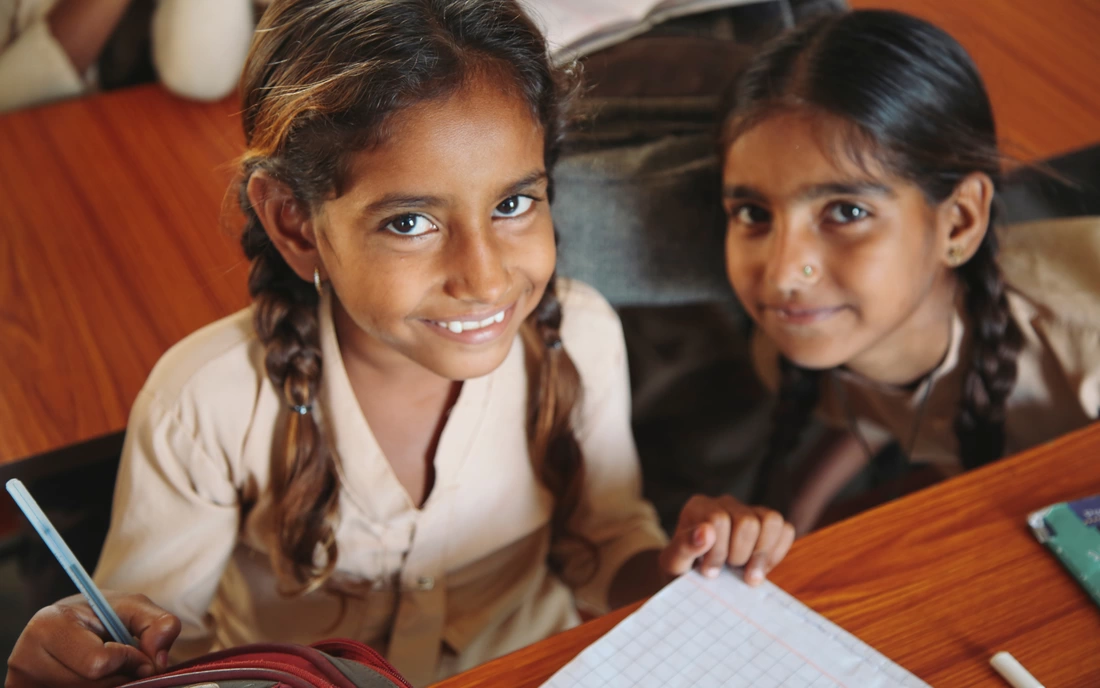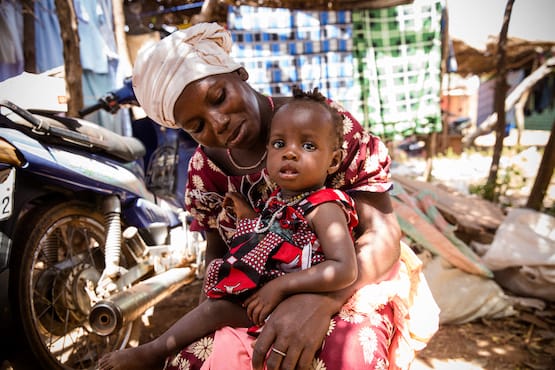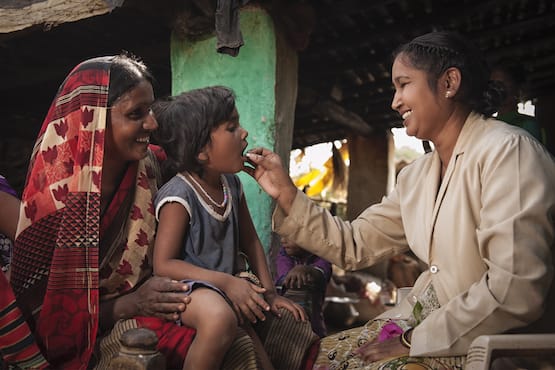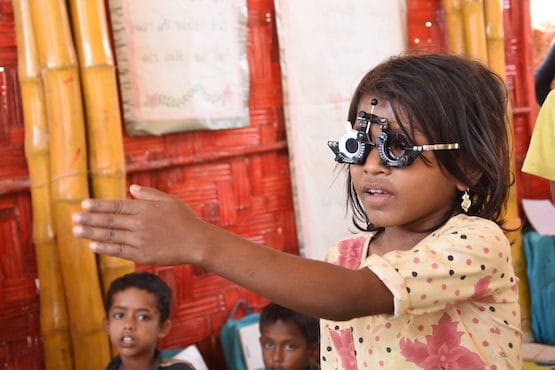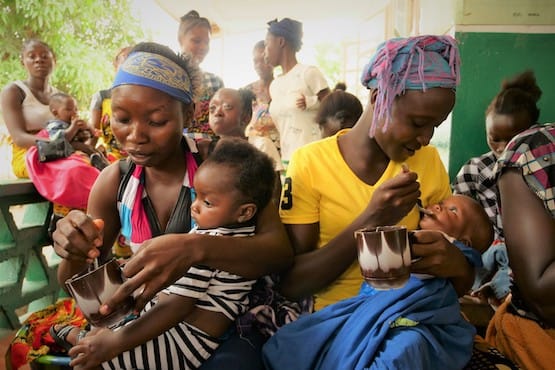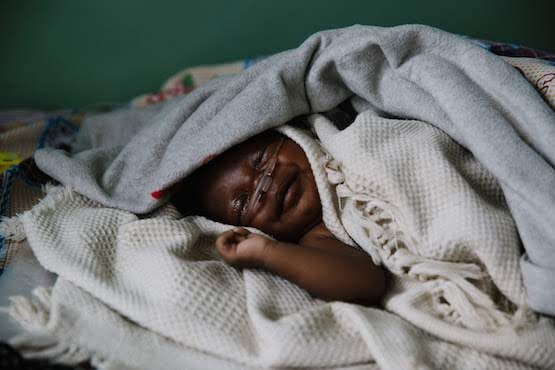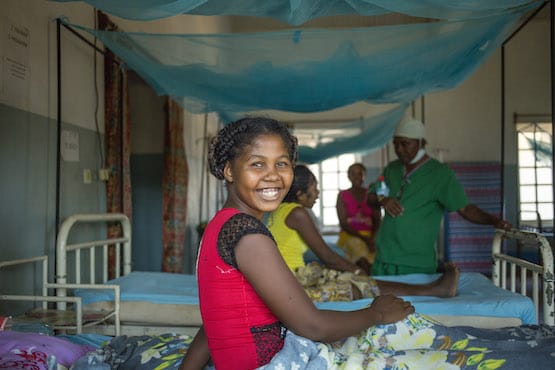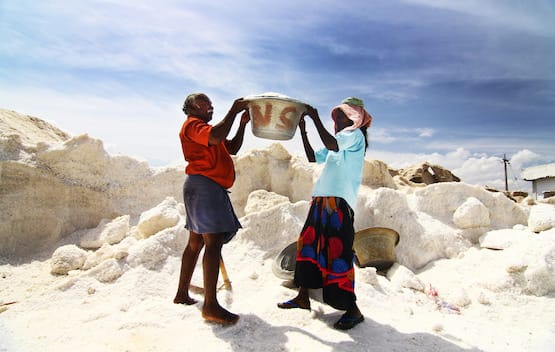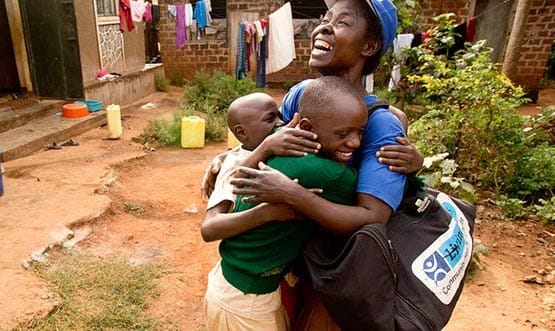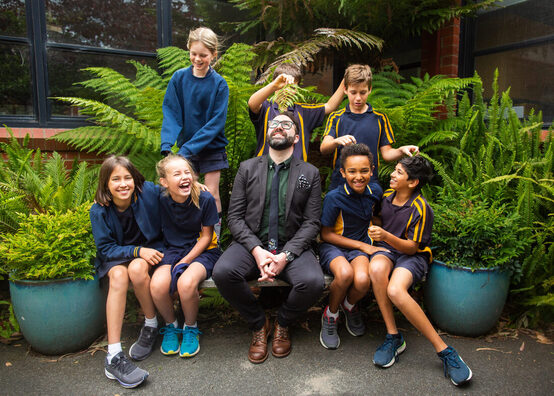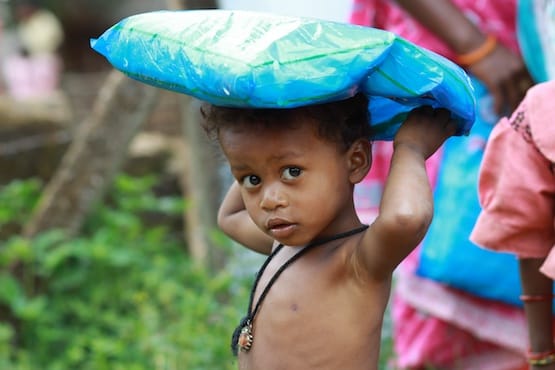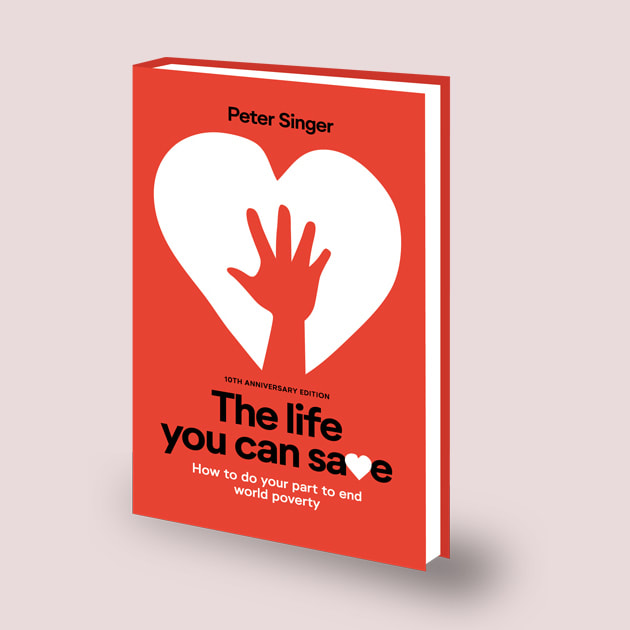Vision
|
How do we select initiatives?
|
Pledge
|
Projects supported
|
Educate Girls
“Global poverty could be more than halved almost within a generation if all adults completed secondary school.” UNESCO Educate Girls aims to provide equitable access to education for all girls in India. Its primary beneficiaries are out-of-school girls in rural communities, and they strive to boost enrollment and learning outcomes through community-volunteers collaborating with parents, government schools, and provide remedial education to girls. The program reached over 4 million children by 2022 |
|
Malaria Consortium
The World Health Organization (WHO) estimates that there are 219 million cases of malaria and more than 435,000 deaths yearly, with over 90% of those in Africa. Pregnant women and children under the age of 5 are especially vulnerable: a child dies from malaria every two minutes. Malaria Consortium delivers programs that protect the poorest and most marginalized children in Africa and Asia from a range of deadly diseases, including malaria and pneumonia. We recommend their Seasonal Malaria Chemoprevention (SMC) project in particular. SMC is an extremely cost-effective and evidence-based way of protecting children under 5 from malaria. Malaria Consortium protects >4m people yearly from life threatening Malaria. |
|
Evidence Action
Every year, over 829,000 people die from diarrhea caused by unsafe drinking water, sanitation, and hand hygiene — and 525,000 of those deaths being children under five. There are more than 868 million children at risk for parasitic worms worldwide. Evidence Action operates three main initiatives. Dispensers for Safe Water installs and maintains chlorine dispensers in rural Africa. The Deworm the World Initiative partners with governments in India, Nigeria, and Pakistan school-based deworming programs. And Evidence Action’s Accelerator drives new program development, testing and refining high-potential, cost-effective interventions. Evidence action treats 275m people for life threatening worms yearly and provided >4m people with safe water access. |
|
Seva Foundation
More than 1 billion people worldwide are living with preventable vision impairment — something that disproportionately affects the global poor. Visual impairment further entrenches people in poverty and can be deadly for sufferers: a high proportion of blind children die within a few years of losing sight, either from the underlying disease or due to the inability of their impoverished families to care for them. Seva is a global non-profit eye care organization. Their mission is to transform lives and strengthen communities by restoring sight and preventing blindness. Seva works with underserved communities in more than 26 countries across Asia, Africa, and the Americas. Seva already provided eye care services to over 40m people and restored the sight to over 5m people. |
|
Helen Keller International
According to WHO, almost 50% of children in Africa and South Asia are vitamin A deficient — that’s nearly 180 million children. An estimated 100,000 children die each year from VAD-related causes. Oral vitamin A supplementation can prevent child blindness and reduce mortality by 12–24% and only costs US$1.23 per supplement. Helen Keller International (HKI) is a longtime leader in combating VAD and its life-threatening effects with successful VAS programs across the globe. In close partnership with national governments, local organisations, and international partners, HKI helps facilitate mass vitamin A supplements to children who need it. In many countries, HKI is the lead NGO (non-governmental organisation) partner responsible for supporting VAS programs. VAS is considered by the World Bank to be one of the most cost-effective ways to save lives. Each supplement costs about US$1.23 to distribute. |
|
Equalize Health (D-Rev)
Over six million babies with severe jaundice are not receiving adequate treatment. The related kernicterus ranks as the seventh leading cause of mortality in newborns. Equalize Health (formerly D-Rev) designs and delivers affordable, innovative medical technologies that protect and transform the lives of the global poor. They recognize that health is a prerequisite to autonomy and self-sufficiency, and strive to address global health inequities. To date more than 967,600 patients have been treated and more than 13,100 jaundice deaths/disabilities averted. |
|
Fistula Foundation
Each year between 50,000 to 100,000 women worldwide are affected by obstetric fistula — but fewer than 20,000 corrective surgeries occur annually. Fistula Foundation is the global leader in treating obstetric fistula, a devastating childbirth injury that leaves women incontinent, humiliated, and often shunned by their communities. In addition to covering direct surgery costs, Fistula Foundation also supports training surgeons, equipping facilities, grassroots community outreach, and holistic post-surgery reintegration. Since 2009, Fistula Foundation transformed the lives of more than 75,000 women in 33 countries. |
|
GAIN's Salt Iodization Program
Nearly a quarter of the world’s population gets too little iodine in their food. It’s the leading preventable cause of developmental disabilities in the world. Iodine is a micronutrient crucial for bone and brain development. Iodine deficiency leads to increased rates of miscarriage, stillbirth, and infant mortality, as well as cognitive and developmental problems, goitrer, and hypothyroidism. GAIN helps build, expand, or sustain salt iodization programs depending on the country and the level of support it needs. It takes an investment of just US$0.15–$0.40 for GAIN to help provide one person access to adequately iodized salt through their lifetime. 466M people were protected from iodine deficiency, however 1.75B people are still at risk. |
|
Living Goods
More than 24% of the global burden of disease falls on people living in African countries, where only 3% of the world’s health workers operate with less than 1% of the world’s financial resources. Living Goods supports and trains local community health workers in Burkina Faso, Kenya and Uganda, the majority of whom are women, to deliver lifesaving medicines, health education, diagnoses, and health products to millions of people who need them. They focus especially on preventing and treating the leading causes of child deaths. Trained 12,500 community health workers that served 6.8M people and reduced 33% of infant mortality. |
|
Cool Australia
Provides our current and future generations with free, relevant and engaging learning material about the three pillars of sustainability: social, economic and environmental. Cool Australia creates evidence-based, curriculum-aligned education resources that help teachers and parents weave real-world issues through the theory students need to know. Their vision is for young people to grow up happy, healthy, informed and empowered with the skills to help tackle our greatest challenges, creating a better world for all. Used by 8,900 schools, 205,000 members, taught 10,200,000 lessons on social, economic and environmental issues. |
|
Against Malaria Foundation
Every year, over 200 million people become infected with malaria — and 435,000 die. Over 60% of these deaths are children under five years old. Against Malaria Foundation works to prevent the spread of malaria by distributing long-lasting, insecticide-treated mosquito nets to susceptible populations in developing countries. AMF has been active in 36 countries in Africa, Asia and South America, with a particular focus on sub-Saharan Africa. With US$211M raised so far, 175M people will be protected. |
|
The Life You Can Save “We can, each of us, do our part in ending extreme poverty. But we won’t reach our goal unless many more contribute to the effort.” Peter Singer At The Life You Can Save, we make “smart giving simple” by recommending charities that save lives and improve well-being where each dollar goes the furthest. Having done the research already, we make it easy for our donors to support charities that are proven to be highly impactful. Each $1 donated to TLYCS translates to $15 donated to recommended effective charities. 2022 the Net Impact of TLYCS was $16.3M. |
